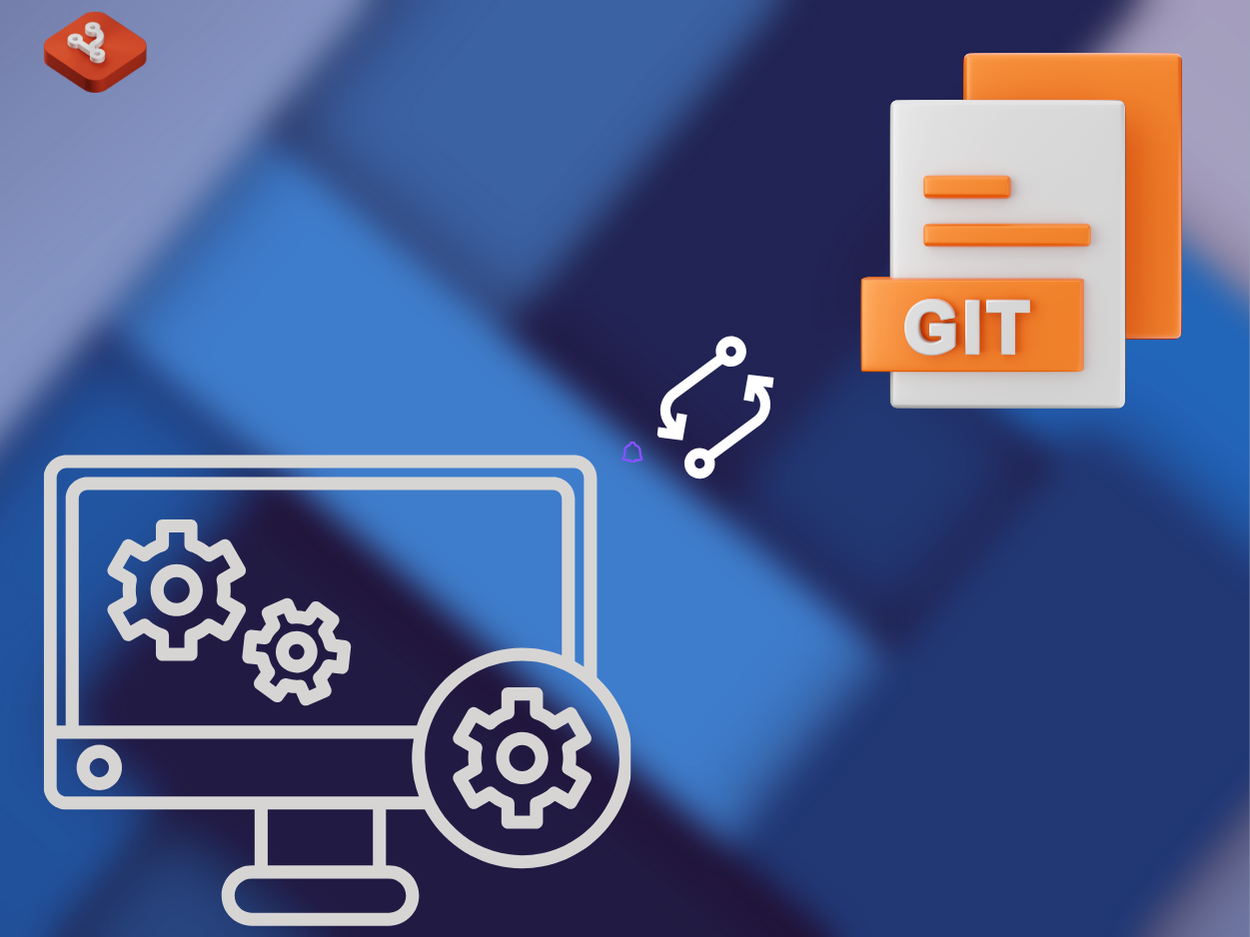Track changes, collaborate seamlessly, and ensure code integrity with modern version control systems.
Version control is a system that helps developers track changes to source code, collaborate seamlessly, and manage multiple versions of a project. It ensures code integrity, enables collaboration, and provides a safety net to recover from mistakes. Whether you're working solo or as part of a large team, version control is the foundation of modern software development.

The most popular distributed version control system, Git allows developers to work independently on local copies of a project while maintaining the ability to sync changes with a remote repository.
A cloud-based platform built around Git, GitHub simplifies collaboration by providing a web interface for code management and integration with CI/CD tools.
GitLab combines Git's power with built-in CI/CD pipelines, making it an all-in-one DevOps platform.
Bitbucket is Atlassian’s Git-based solution, offering tight integration with tools like Jira and Trello.
Get started with modern version control systems and improve collaboration, code quality, and delivery speed. Contact Us Today